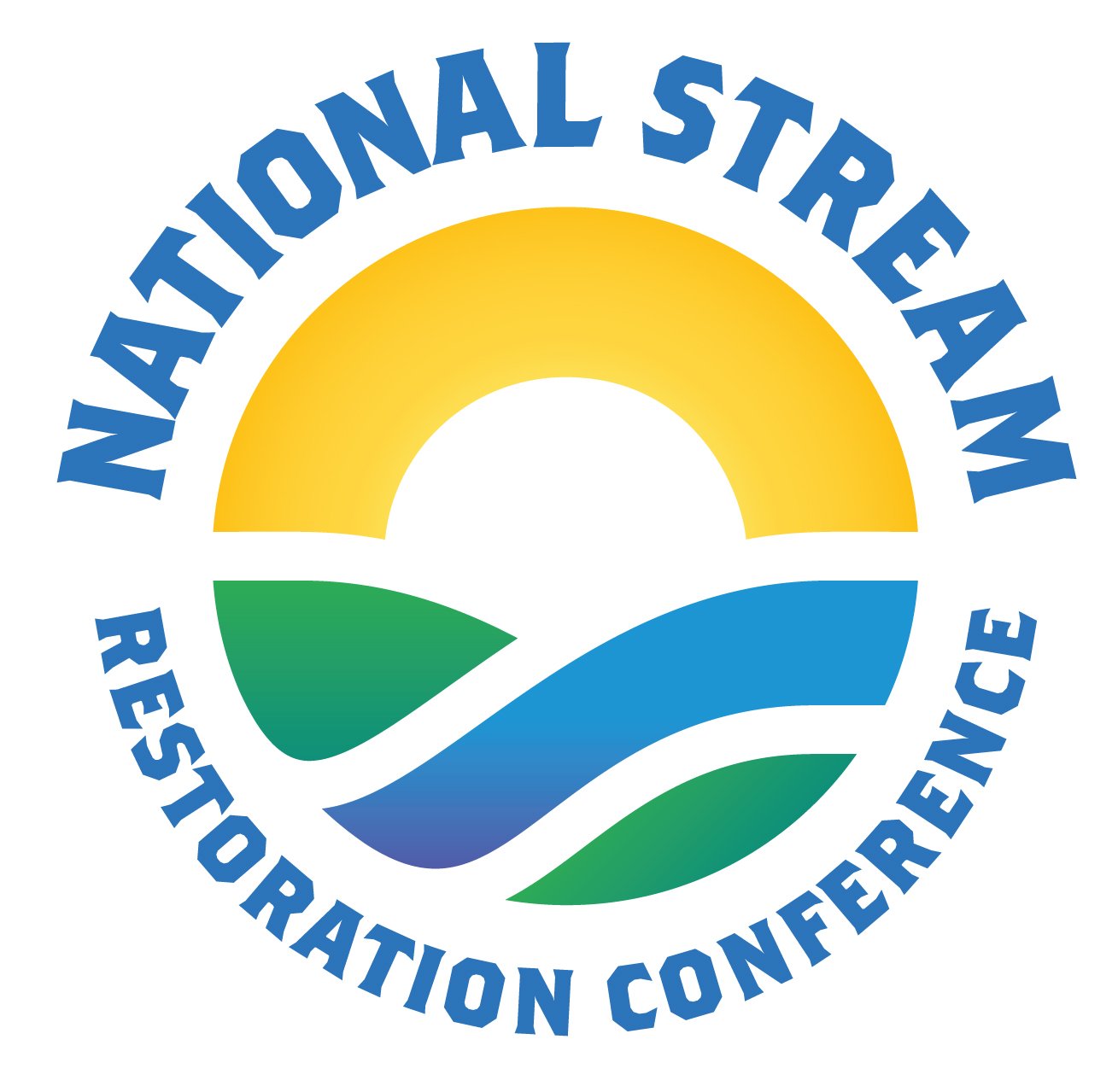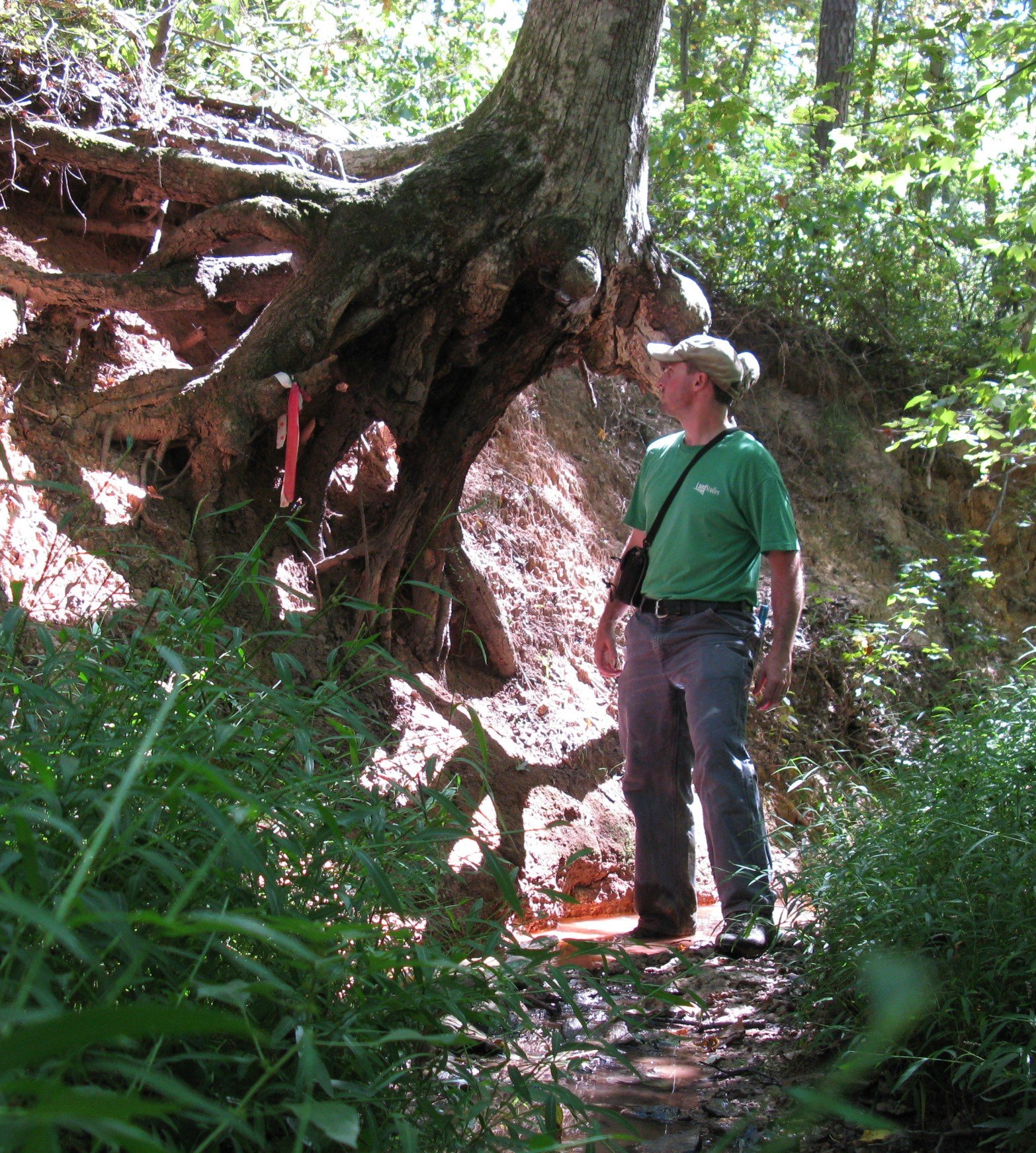Overview & Design Principles of Floodplain Restoration
Ben Uhler
LandStudies, Inc
Lititz, PA
A growing body of research highlights dynamic alluvial valleys or river-wetland corridors as a pervasive and significant natural condition of unconfined valleys. Evidence further suggests that in the United States, these systems have been largely lost to historical impacts of the 17th through the mid-20th centuries – these impacts include but are not limited to damming, ditching, dredging, filling, and extirpation of keystone species.
Despite this evidence, floodplain impairments and associated restoration strategies are disproportionately influenced by modern land uses and based on impaired modern reference conditions while neglecting to properly consider the influence of historical impacts on present-day floodplain form and processes.
This presentation will offer an approach to floodplain restoration (which may include stage 0, floodplain reconnection, valley restoration, legacy sediment removal, and floodplain reconnection definitions) based on establishing an in-situ historical reference condition and re-establishing evidenced historical floodplain forms and processes and associated ecosystem services, within the context of modern constraints.
Assessment strategies for historically impaired systems will be provided, including subsurface investigations, historical records, and carbon dating. Design approaches based on two-dimensional modeling and shear stress analysis will also be offered, as well as ecosystem services achieved through floodplain restoration. This discussion will be presented in the context of successful floodplain restoration examples from the mid-Atlantic region.
About Ben Uhler
Ben Uhler is a project manager and geomorphologist who specializes in the design and implementation of functional and sustainable aquatic ecosystems. His expertise includes fluvial geomorphology, stream/floodplain restoration design and implementation, and wetlands science. Mr. Uhler is responsible for overseeing all aspects of ecological restoration projects from site assessment and data collection, through design and permitting, to construction oversight and post-construction monitoring.”

